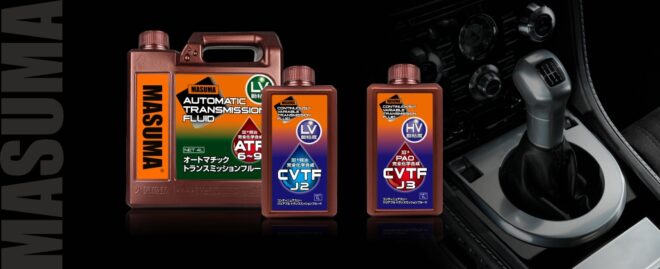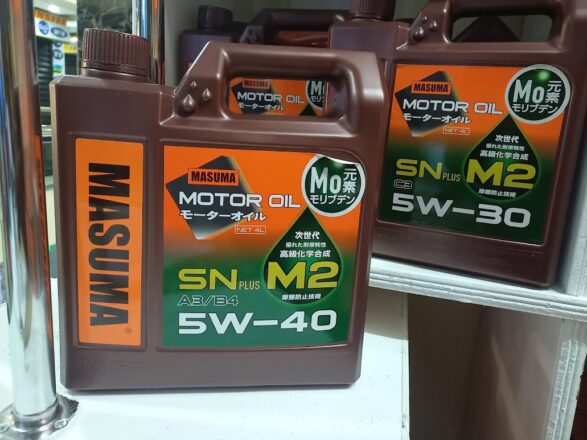An engine is the heart of a vehicle, and like any vital organ, it requires proper care to function optimally. One of the simplest yet most critical maintenance components for engine health is the oil filter. This small but powerful device plays a major role in ensuring engine longevity, fuel efficiency, and overall vehicle performance. In this article, we’ll explore how oil filters work, why they are essential, and how often they should be replaced to maximize engine lifespan.
What Does an Oil Filter Do?
An oil filter removes impurities from engine oil, preventing contaminants such as dirt, metal shavings, and sludge from circulating through the engine. These impurities can cause excessive wear and tear on engine components, leading to reduced performance and potential failure.
Modern oil filters typically consist of:
- Filter Media – Usually made of synthetic fibers or cellulose, this is the main component that traps contaminants.
- Anti-Drain Back Valve – Prevents oil from draining out of the filter when the engine is off, ensuring instant lubrication upon startup.
- Bypass Valve – Allows oil to bypass the filter in case it gets clogged, preventing oil starvation.
How a Clogged or Worn-Out Oil Filter Affects Your Engine
A clogged or old oil filter can cause several issues, including:
- Increased Engine Wear – Contaminants circulating in the oil can accelerate engine wear, damaging critical parts such as bearings and pistons.
- Reduced Fuel Efficiency – Dirty oil can increase friction and lower fuel economy.
- Engine Overheating – Poor lubrication leads to increased heat buildup, which can cause engine damage.
- Risk of Engine Failure – If the oil filter becomes completely blocked, the bypass valve will allow unfiltered oil to reach the engine, increasing the risk of sludge buildup and catastrophic failure.
How Often Should You Change Your Oil Filter?
The frequency of oil filter changes depends on various factors, including the type of oil used, driving conditions, and vehicle manufacturer recommendations.
- Conventional Oil Users – Change the oil and filter every 4,500 to 7,500 km.
- Synthetic Oil Users – Change the oil and filter every 7,500 to 10,000 km.
- Severe Driving Conditions (frequent short trips, extreme temperatures, dusty roads) – Change the oil and filter more frequently, typically every 5,000 km.
The Impact of a Quality Oil Filter on Engine Lifespan
Research and industry data show that using a high-quality oil filter can extend an engine’s lifespan significantly. A study by the Automotive Research Association found that regular oil changes with a good filter can extend an engine’s operational life by up to 50% longer compared to inconsistent maintenance.
Premium oil filters provide:
- Better Filtration Efficiency – Removing over 99% of harmful particles.
- Longer Service Life – Synthetic media filters last longer and provide better protection.
- Improved Engine Performance – Cleaner oil ensures optimal lubrication and cooling.
Choosing the Right Oil Filter
When selecting an oil filter, consider:
- Compatibility – Ensure it fits your vehicle’s specifications.
- Filtration Efficiency – Look for a filter with a high capture rate for small contaminants.
- Durability – Opt for filters with strong casing materials and high-quality filter media.
Conclusion
A well-maintained oil filter is essential for a healthy engine. Regular oil and filter changes reduce wear, improve fuel efficiency, and prevent costly engine repairs. Investing in a quality oil filter and following the manufacturer’s recommended maintenance schedule can add years to your engine’s lifespan, ensuring reliable performance for miles to come.
For high-performance oil filters, visit Masuma Autoparts East Africa and keep your engine running smoothly!




